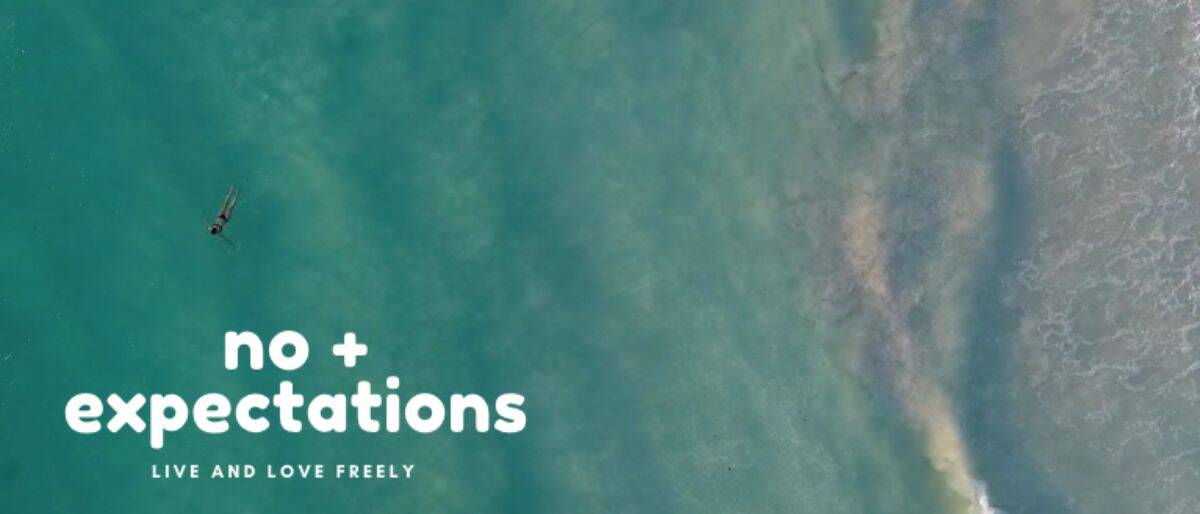The Freedom of No Expectations: Embracing Life as It Unfolds Today
In a world that constantly pushes us to want more, achieve more, and be more, there’s profound wisdom in embracing the philosophy of having no expectations. This mindset isn’t about lowering standards or accepting mediocrity—it’s about liberating ourselves from the psychological burdens that expectations often create.
When we approach life with rigid expectations, we essentially set ourselves up for potential disappointment. We become attached to specific outcomes that may or may not materialize, regardless of our efforts or desires. These expectations create a gap between reality and our mental projections, and it’s within this gap that suffering often thrives.
By releasing expectations, we open ourselves to experiencing life as it actually unfolds rather than as we believe it should. This doesn’t mean abandoning goals or aspirations. Instead, it means pursuing them with an open heart and flexible mind, understanding that the journey itself holds value beyond whatever destination we initially envisioned.
Living without expectations also enhances our relationships. When we stop expecting others to behave according to our internal scripts, we can appreciate them for who they truly are rather than who we want them to be. This creates space for authentic connections based on acceptance rather than conditions.
Perhaps most powerfully, releasing expectations allows us to be fully present. Instead of constantly evaluating current experiences against imagined futures, we can immerse ourselves in the richness of now. We become more adaptable, more resilient, and ultimately more at peace.
The paradox of no expectations is that it often leads to greater contentment and even greater achievements. When we’re not fixated on specific outcomes, we can recognize and appreciate the unexpected gifts and opportunities that arise along our path—opportunities we might otherwise miss while focused on what “should” happen.
In embracing no expectations, we don’t become passive observers of life but active participants who engage with reality on its own terms. We learn to flow like water around obstacles rather than breaking against them. And in this flow state, we often discover that life has far more to offer than our limited expectations could ever imagine.
